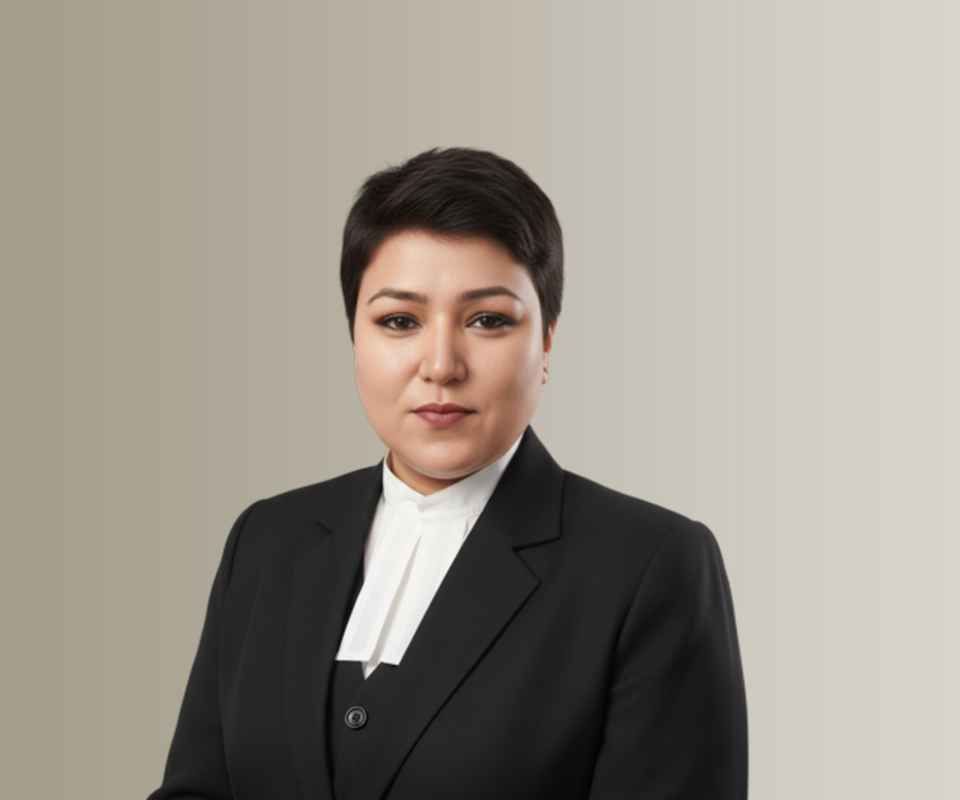Answer By law4u team
Yes, inter-caste couples can absolutely do court marriage in India, and they are legally protected under Indian law. The primary law that governs such marriages is the Special Marriage Act, 1954 (SMA). Legal Basis for Inter-Caste Court Marriage The Special Marriage Act, 1954 was specifically enacted to allow marriage between individuals of different castes, religions, or nationalities, without requiring any religious conversion. Under this law: Any two individuals can marry, regardless of caste, provided: Both are legally eligible (age: 21 for males, 18 for females). Both are of sound mind. Neither is already married (monogamy required). They are not within prohibited degrees of relationship (as per law). Court Marriage Process for Inter-Caste Couples 1. Notice of Intended Marriage: File a notice with the Marriage Registrar in the district where at least one party has resided for 30 days. The notice is displayed publicly for 30 days, allowing objections if any. 2. No Objection and Document Verification: If no valid objection is raised within 30 days, the couple can proceed. Required documents include ID proof, age proof, address proof, passport-sized photos, and affidavits. 3. Solemnization and Marriage Certificate: After 30 days, the marriage is solemnized before the Marriage Officer and three witnesses. A marriage certificate is issued, which has full legal validity. Legal Protection and Benefits Full Legal Validity: Inter-caste marriages under SMA are recognized across India. Protection Against Harassment: Couples may approach the police or courts if they face threats or coercion from family or community. Government Schemes: Some states and the central government provide financial incentives or protection schemes for inter-caste marriages, especially involving Scheduled Castes. Social Challenges vs Legal Rights Social resistance is common in some regions, but this does not affect the legality of the marriage. Indian law prioritizes individual consent and freedom of choice in marriage. Summary Yes, inter-caste couples can legally marry in court under the Special Marriage Act, 1954. The law ensures that caste differences do not bar individuals from marrying and provides legal protection, formal procedures, and official recognition of such unions.









